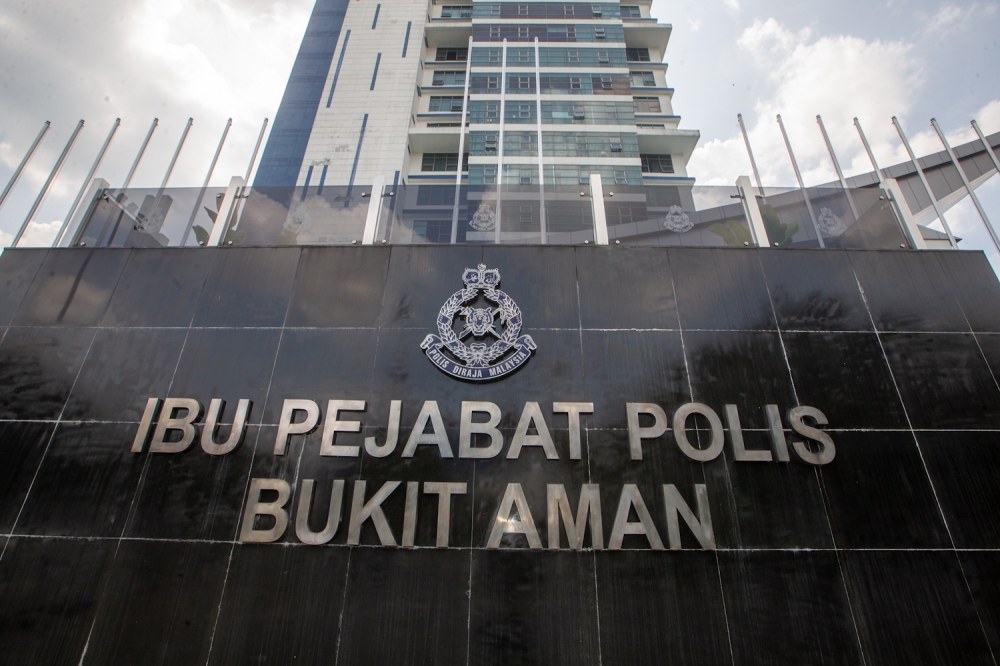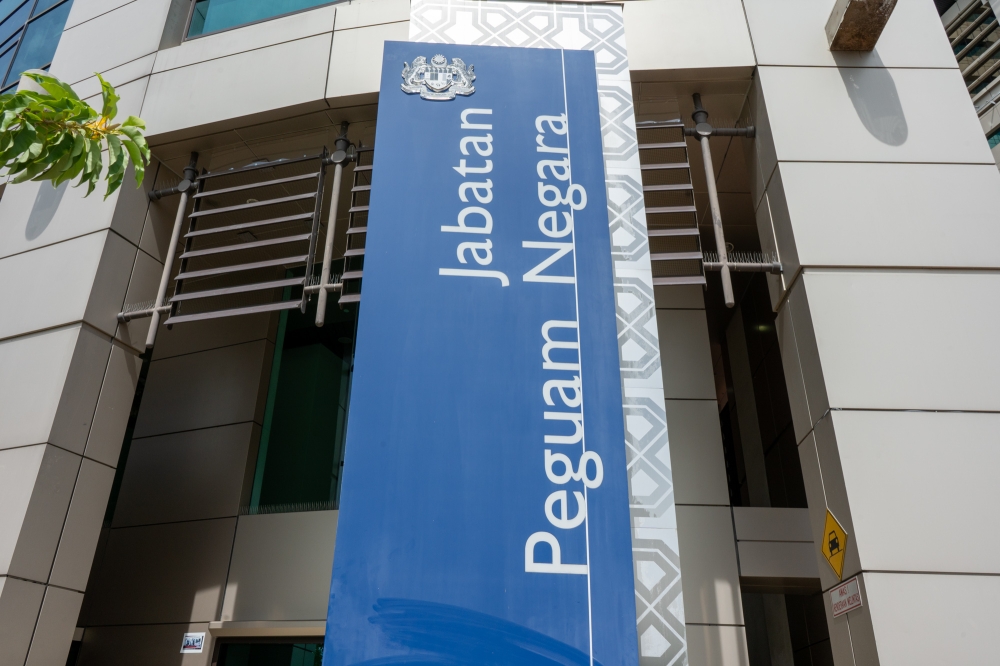KUALA LUMPUR, Nov 26 — As many as 87 per cent of Malaysians see hate speech as a serious problem in the country, local think tank The Centre found in its survey released today.
Titled “Hateful to Whom, and How?” the survey of 605 Malaysians in the peninsula divided almost equally among Malays, Chinese and Indians, sought to measure the seriousness ordinary citizens feel towards 15 sample speeches deemed offensive and hateful to certain racial communities.
The research outfit said it asked respondents to rate their concern according to five levels of seriousness and found the following: Not at all serious (2 per cent); a little serious (12 per cent); moderately serious (34 per cent); serious (41 per cent); and very serious (12 per cent).
The combined figures from the last three categories added up to the 87 per cent result.
The hateful statements considered “very serious” by the majority of its respondents regardless of their colour were those deemed insulting of religious beliefs, statements perceived to contain a threat of violence (whether implicit or explicit), and statements perceived to encourage hatred towards a certain group.
Those polled said such statements were potential triggers of unrest in a plural society.
“The degree of agreement on these statements indicate that there is some inter-ethnic consensus about what constitutes ‘very serious’ hate speech; offensive or hateful statements demeaning religious beliefs should be treated especially carefully in Malaysia.
“There were also a significant number of statements considered ‘very serious’ by respondents of the targeted ethnic group but which were rated lower in seriousness by those outside the targeted ethnic group,” The Centre said of its survey findings.
The Centre which styles itself a centrist research outfit, was founded by Rembau MP Khairy Jamaluddin in July 2019, eight months before he became science, technology, and innovation minister. It described its research focus to be mainly on public goods, safety nets and societal harmony.
The think tank said the main difference between statements regarded as “very serious” and those categorised as “moderately serious” and “not serious” was the degree of offence taken and fear generated by the remarks within the speech samples.
The survey also found the majority of peninsular Malaysians (553 people) see social media as the main medium of hate speech, followed by mass media (385), and politicians (365).
The Centre suggested that a holistic approach is needed to manage hate speech. This includes policy changes and institutional participation.
“For more serious but non-criminal cases of hate speech, The Centre proposes a national arbiter function, such as a commission or tribunal, that provides an avenue for resolving civil complaints related to hate speech.
“Cases that pass a clearly defined criminal threshold, such as incitement to violence, should be dealt with by the criminal justice system. However, this threshold needs to be more clearly defined in the laws that deal with offensive or hateful speech today.
“We, therefore, advocate the establishment of a national framework for hate speech categorisation and response which, at the minimum, clarifies the bar between criminal and non-criminal acts of hate speech,” it said.

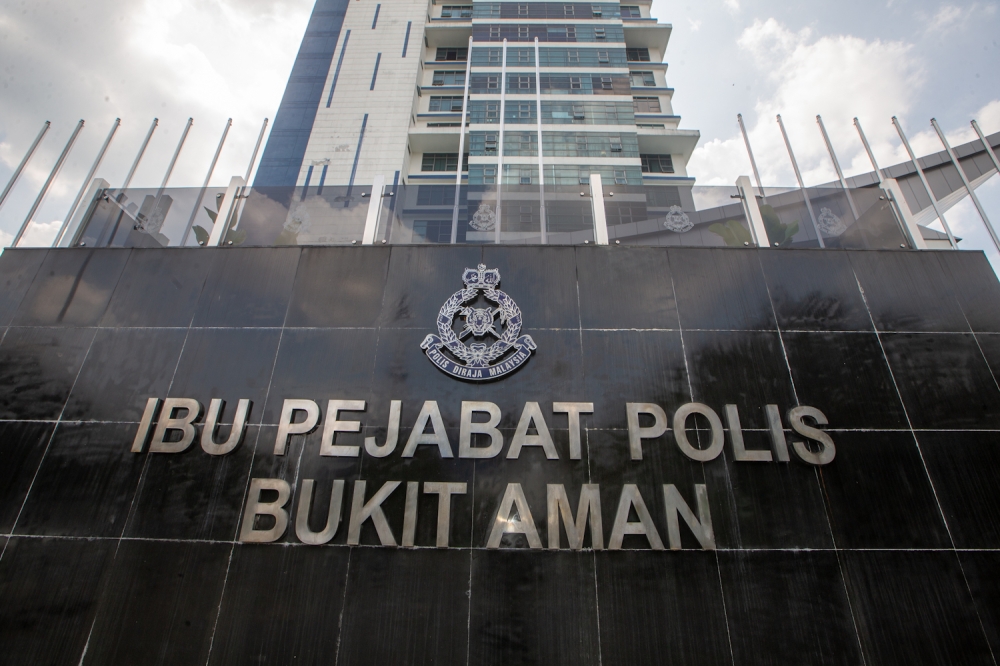
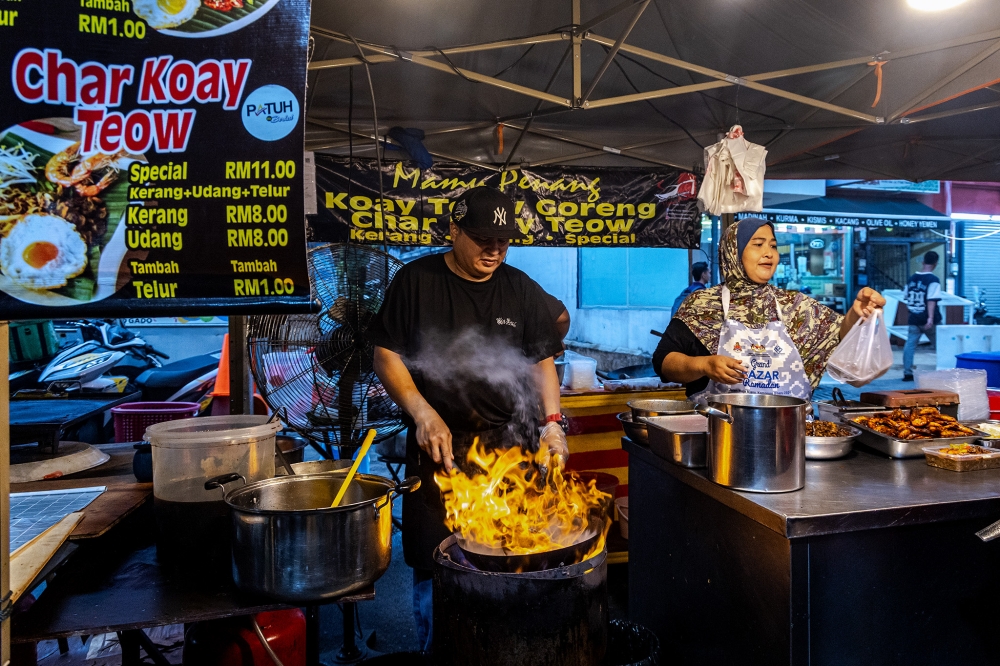



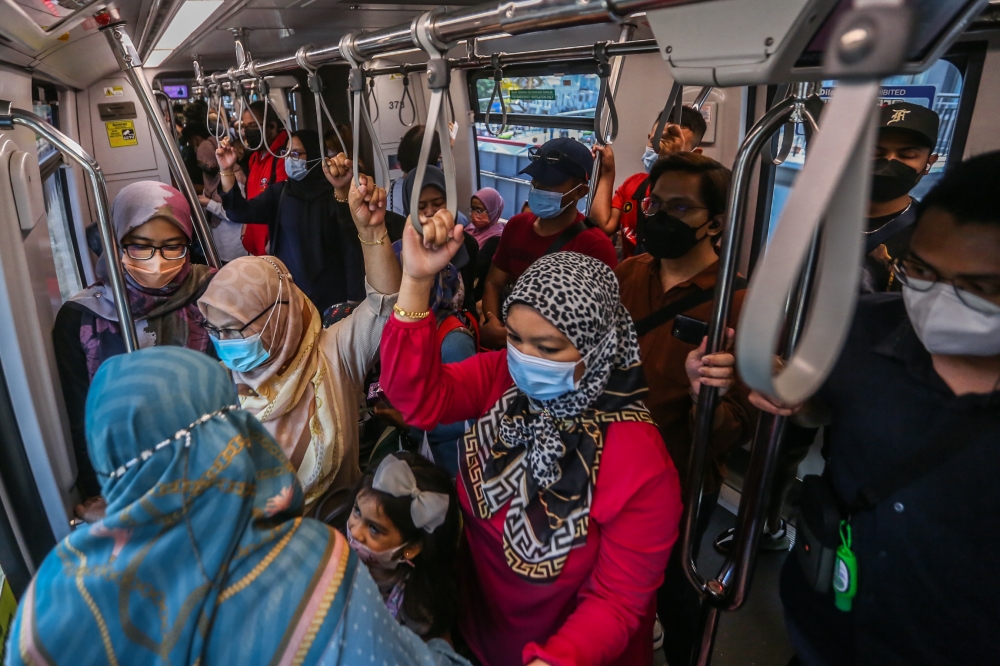
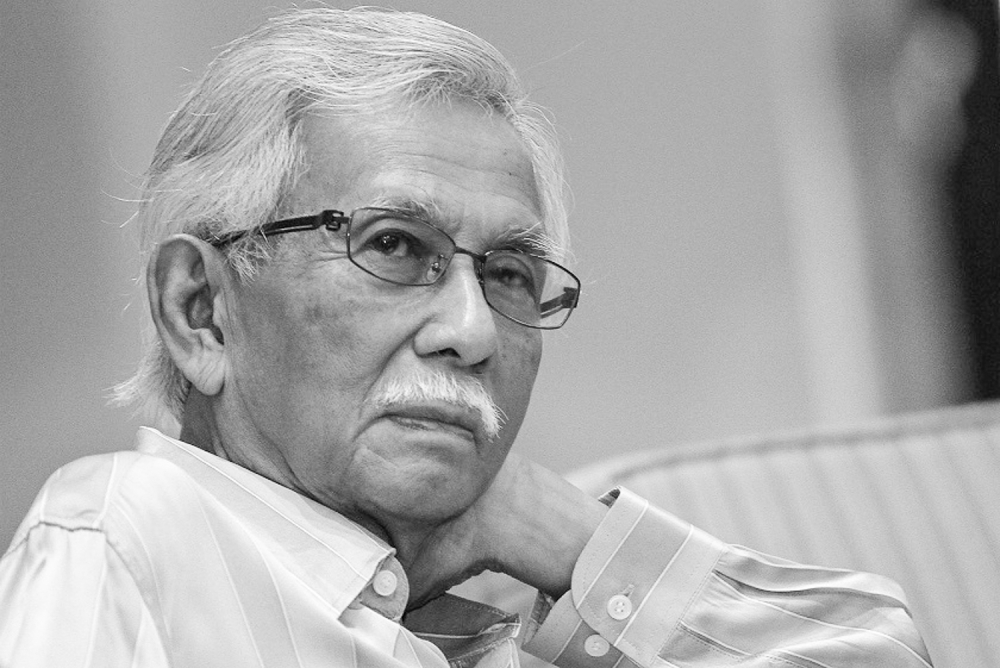

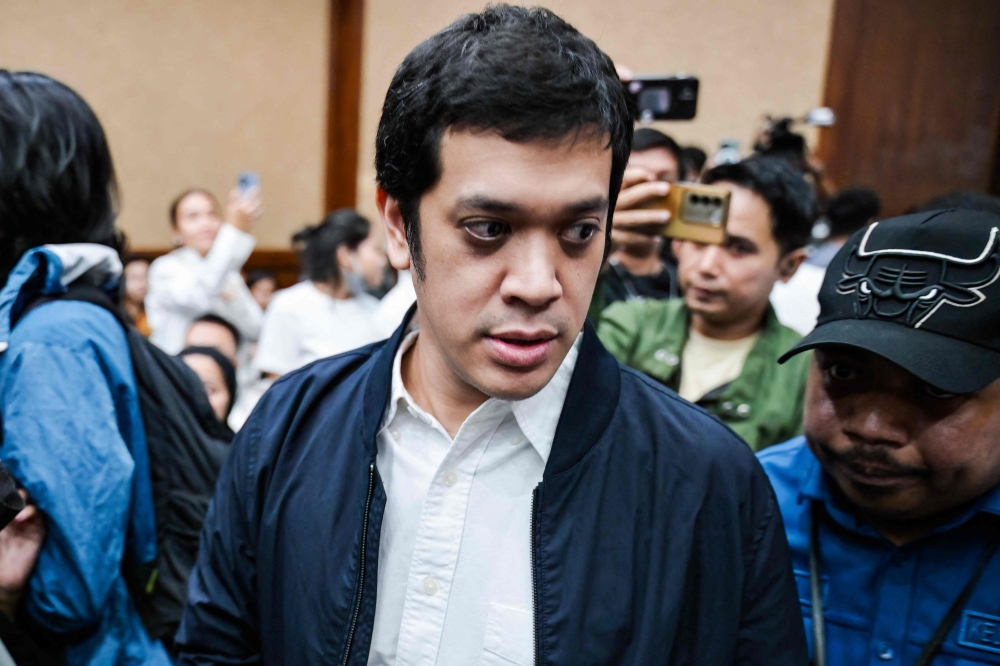
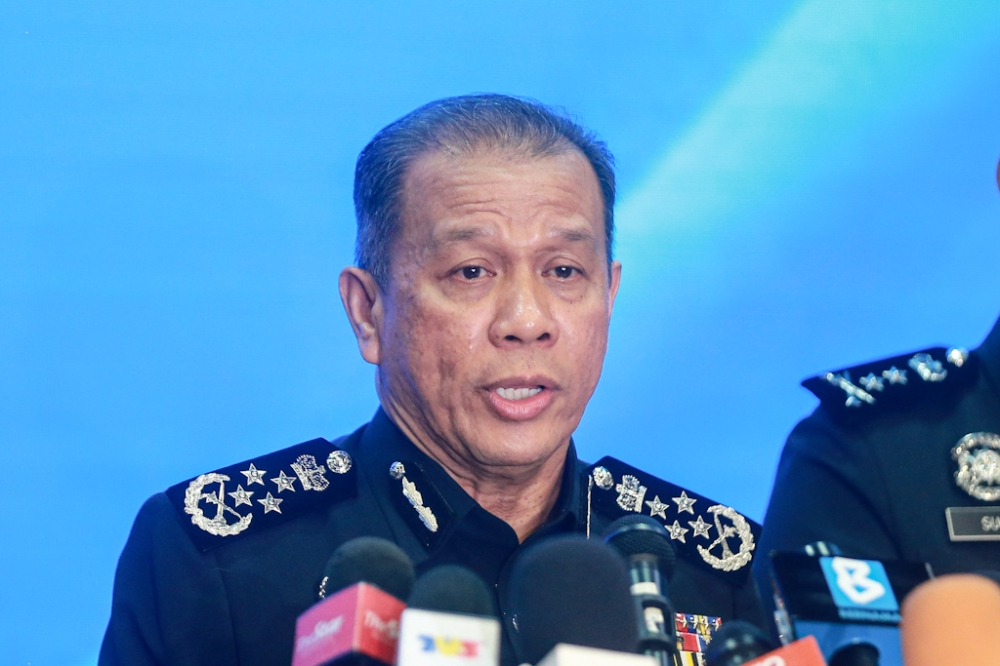
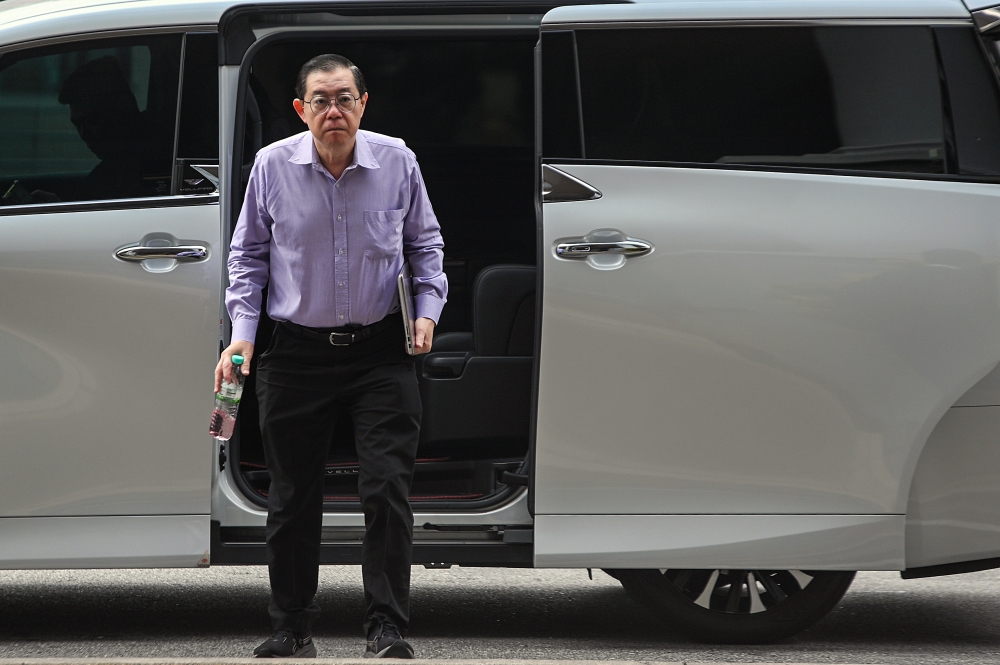
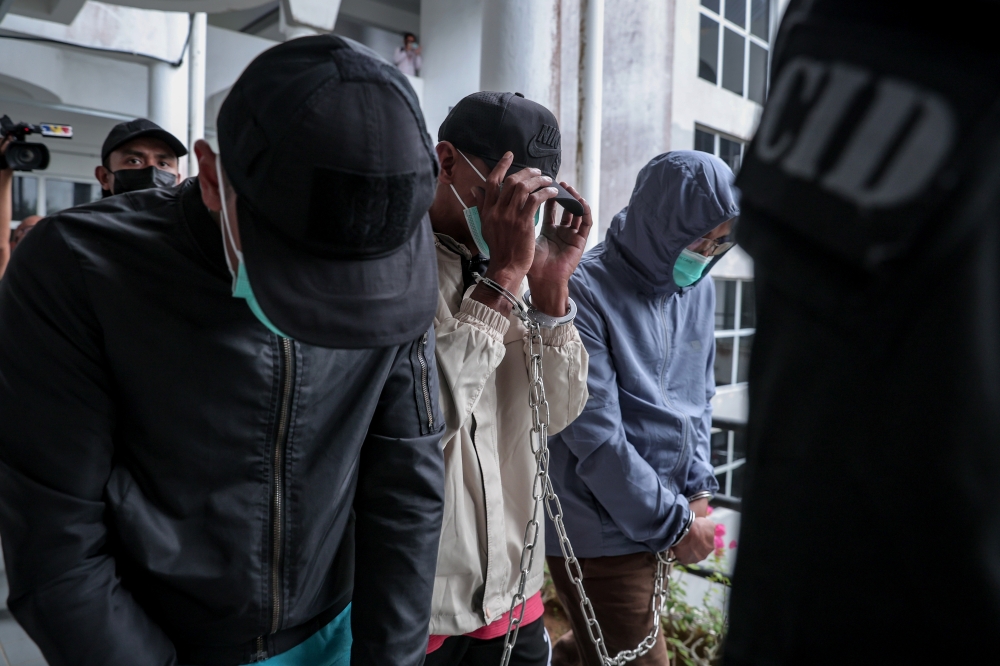
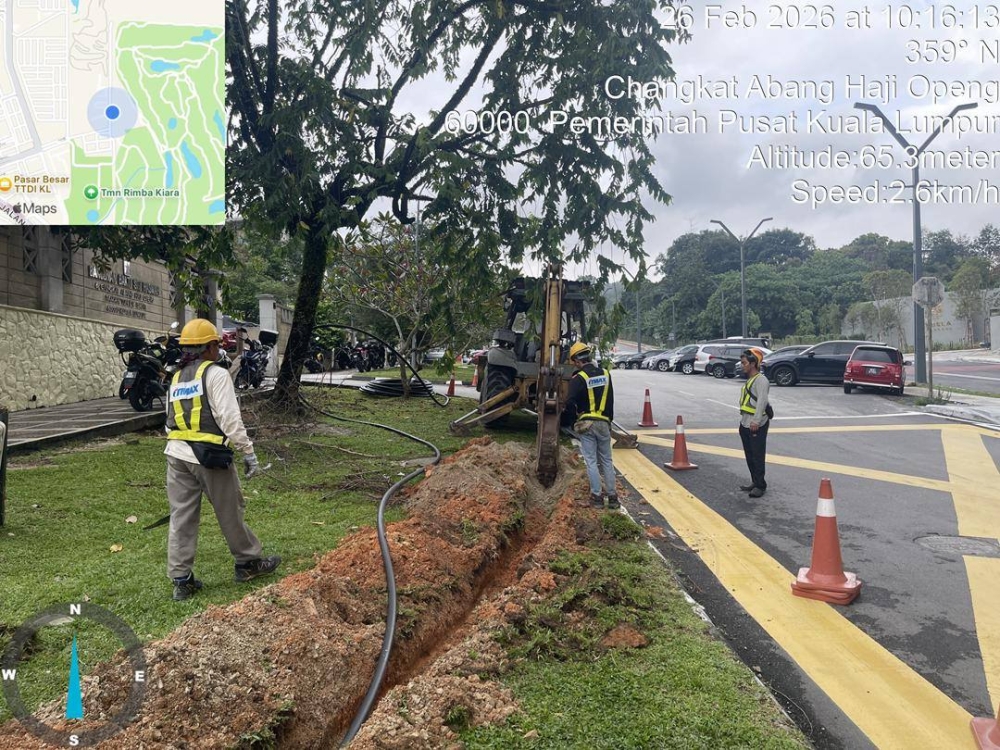
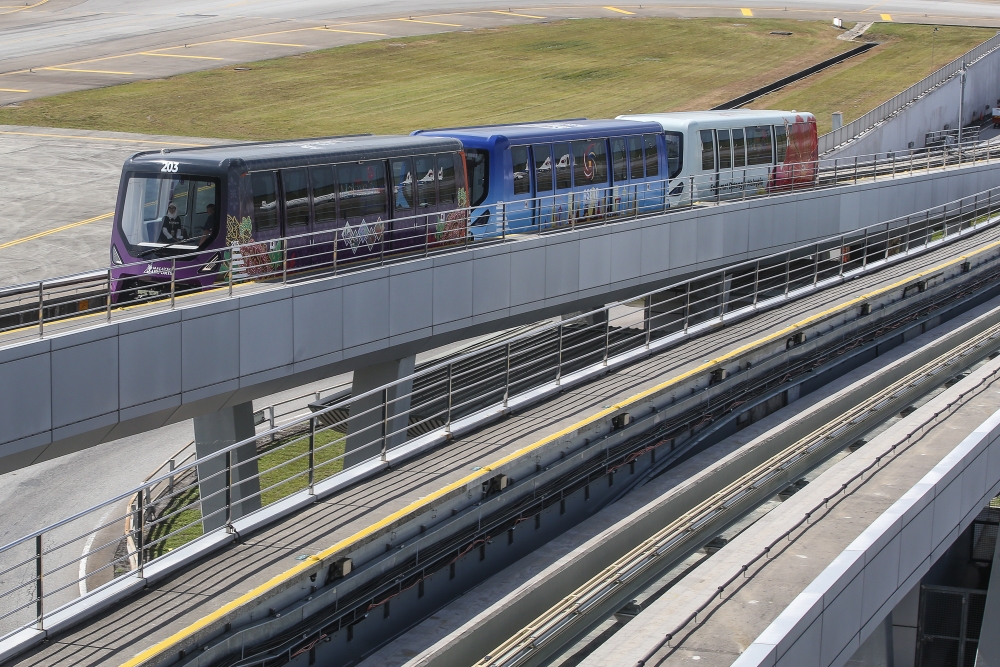
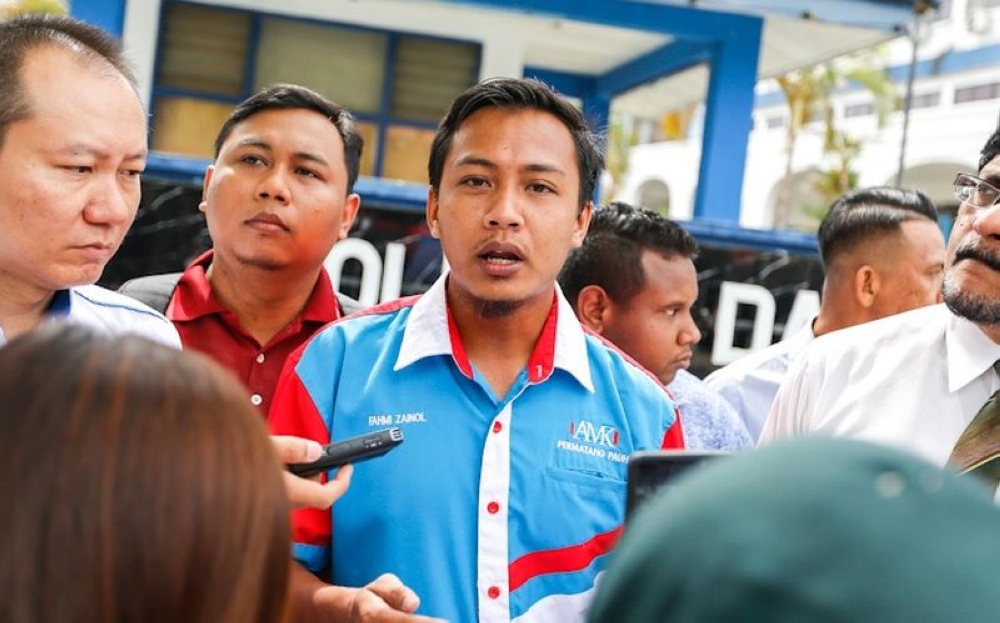
.jpg)

